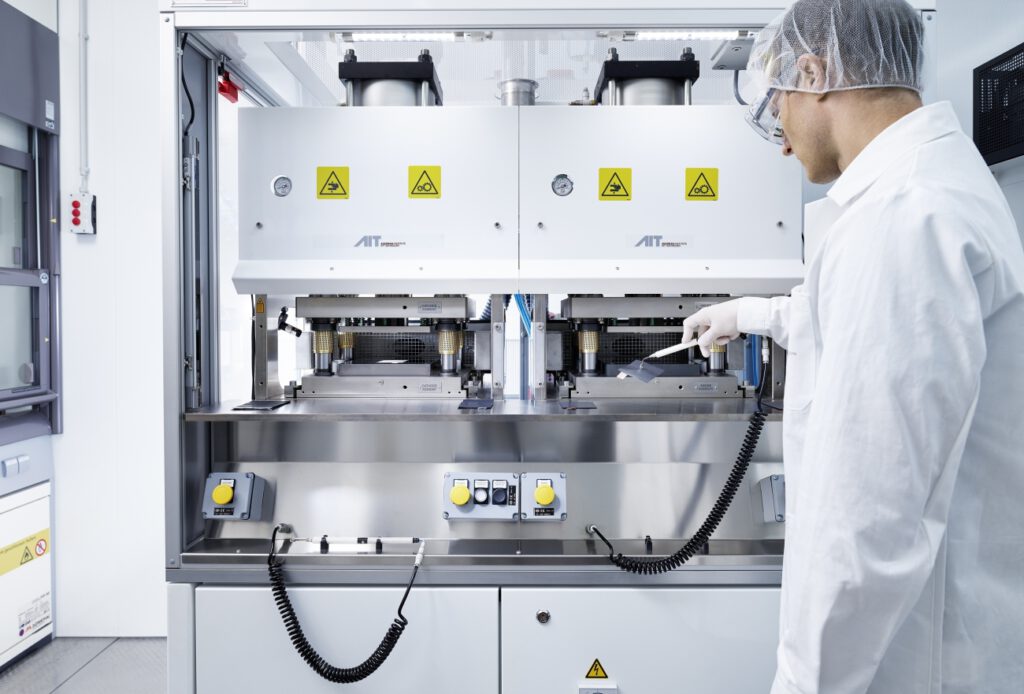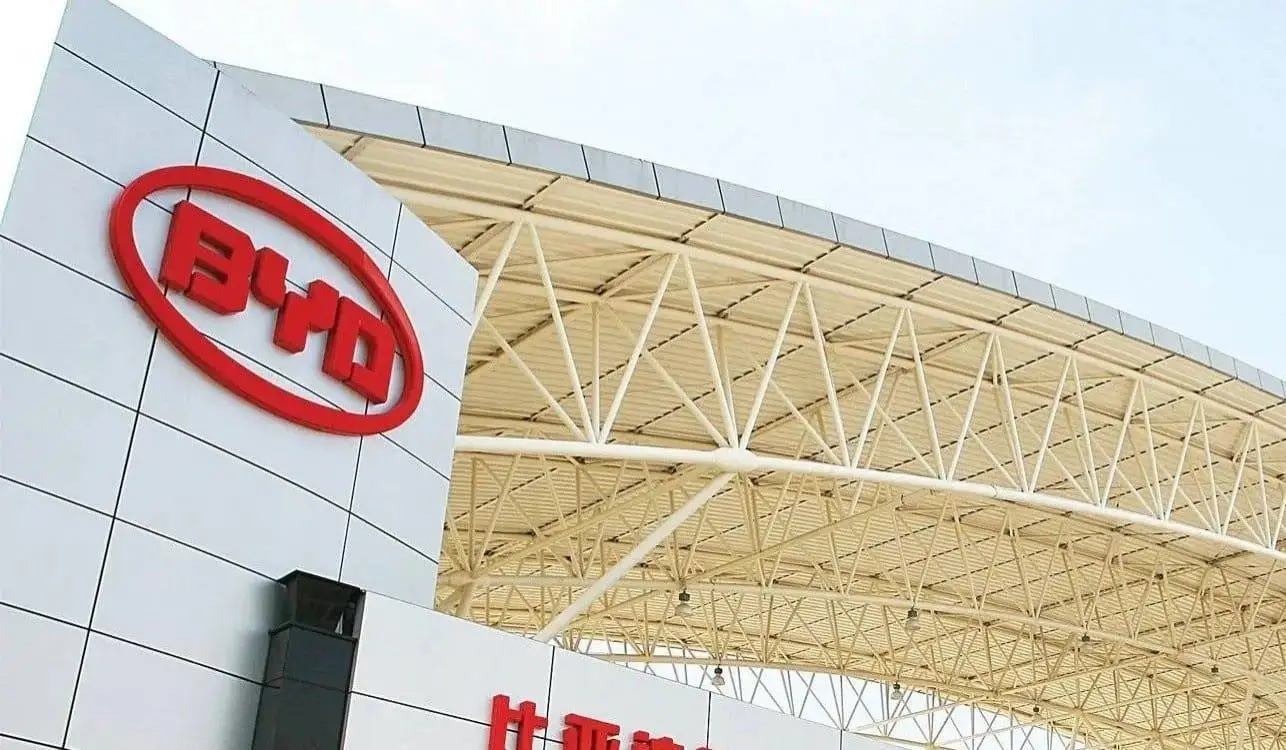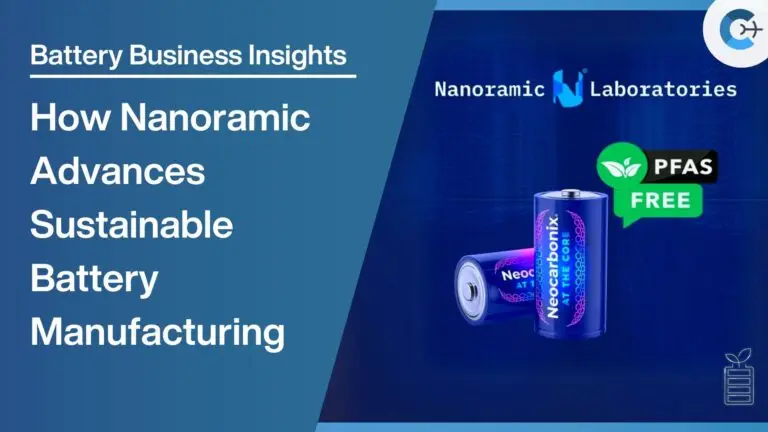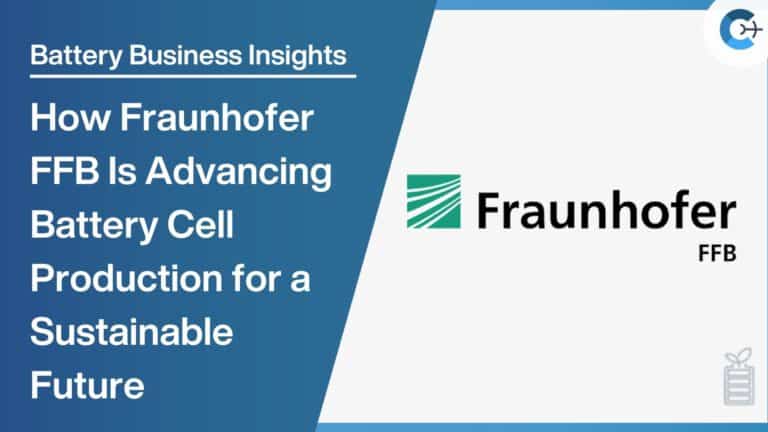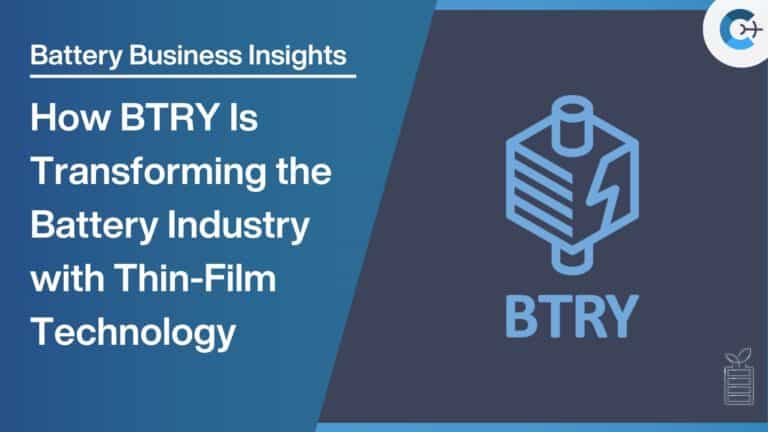The European Union has initiated the HyLiST (Hybrid Lithium Metal-based Scalable Solid State Battery Manufacturing) research project to advance sustainable battery production within Europe. Led by the AIT Austrian Institute of Technology, this international consortium is focused on developing a new generation of solid-state batteries that are more durable, powerful, and environmentally friendly.
Funded under the Horizon Europe program, HyLiST aims to create an innovative Generation-4b solid-state battery designed for resource-efficient production, particularly targeting the aerospace and automotive industries. Over the next 36 months, the project will develop a hybrid solid-state electrolyte combined with a high-capacity, cobalt-free cathode (lithium nickel manganese oxide, LNMO) and a lithium metal anode (LiM). This combination is expected to significantly enhance the performance and safety of solid-state batteries. By prioritizing scalability and industrialization, HyLiST intends to strengthen European sovereignty in battery technologies and reduce dependence on critical raw materials.
HyLiST employs a three-stage approach to achieve its goals. The first stage focuses on material development and scaling, including the creation of a high-voltage LNMO cathode, an ultra-thin lithium-metal anode using PLD technology, and polymer-based single-ion conductors. Additionally, a life cycle analysis of the materials will be conducted. The second stage involves cell integration and validation, which includes optimizing electrode-electrolyte interfaces, producing monolayer and multilayer pouch cells, and performing comprehensive performance and safety tests. The final stage addresses digitalization, recycling, and sustainability by developing a digital twin and a battery passport, evaluating the recyclability of components, and conducting life cycle analyses.
The innovative battery cells developed through HyLiST are expected to be competitive due to their resource-saving manufacturing processes, higher energy densities, faster charging times, and longer service lives. The project’s outcomes will support industrial material manufacturers and research centers while strengthening the European value chain.
The HyLiST consortium comprises 13 partners from nine countries, including leading research institutes, universities, SMEs, and industrial companies. This interdisciplinary collaboration ensures comprehensive coverage of the battery value chain and facilitates the swift transfer of research results to industrial applications. AIT Austrian Institute of Technology is responsible for coordinating the project and managing a central work package that focuses on scaling up the developed components into high-energy pouch cells. The feasibility and sustainability of the manufacturing processes are being investigated, with results expected to inform future pilot productions and advance the series production of solid-state batteries in Europe.
“With HyLiST, we are driving forward one of the most promising battery technologies of the future. Our goal is to bring solid-state batteries with high energy density and increased safety to market maturity. This will not only strengthen European competitiveness, but also make a decisive contribution to a sustainable energy supply and to achieving the climate targets of the European Green Deal and the Paris Climate Agreement,” explains Meisam Hasanpoor, AIT battery researcher and HyLiST project coordinator.

